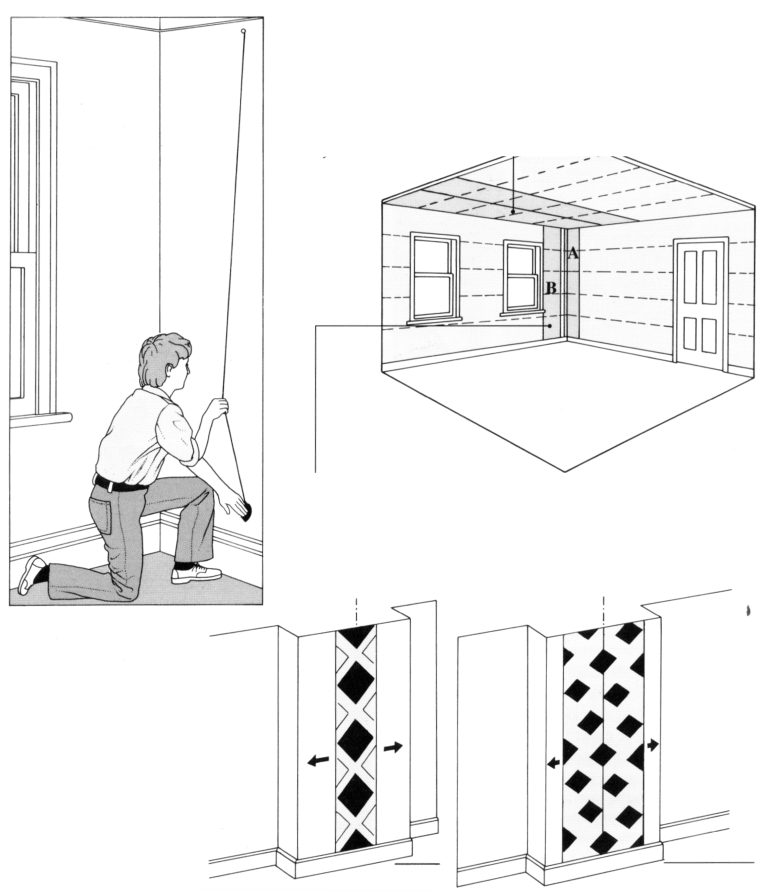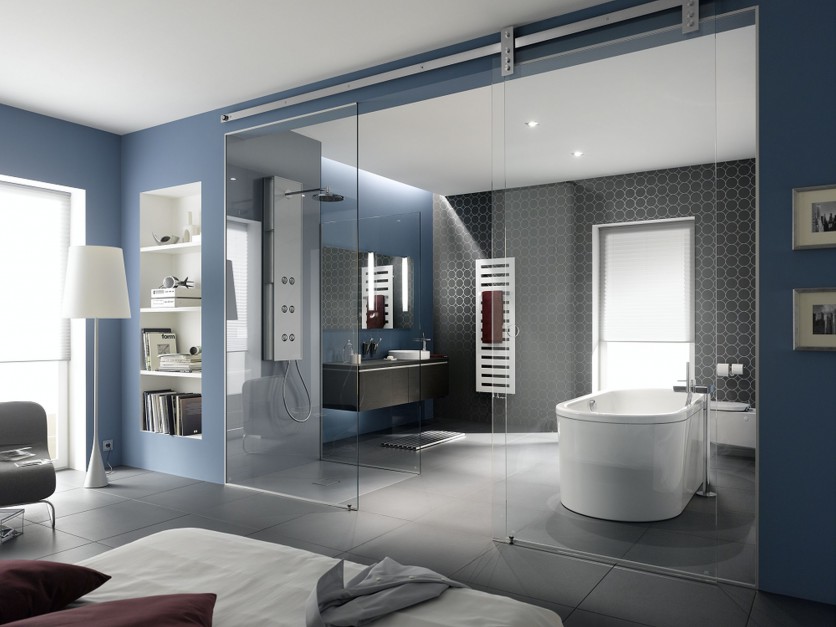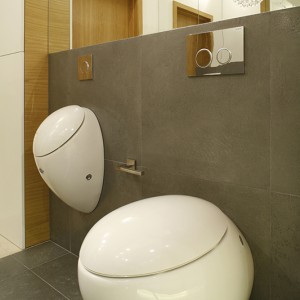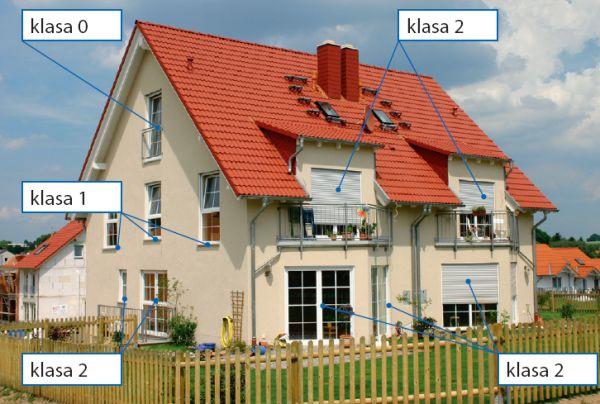 Czy opłaca się budować dom pasywny?
Czy opłaca się budować dom pasywny?
Czy opłaca się budować dom pasywny i kiedy taki wydatek się zwróci?
Decydując się na budowę domu pasywnego lub niskoenergetycznego zastanawiamy się, czy większe nakłady inwestycyjne są uzasadnione? Osobiście tak postawione pytanie uważam za błąd, ponieważ tak naprawdę wszystko zależy od konkretnych rozwiązań. Zobaczmy przykłady:
1. ogrzewanie – w polskich warunkach dom pasywny musi mieć jakieś źródło ogrzewania, nie ma siły. I teraz popatrzmy – do ogrzewania domu pasywnego można użyć zwykłej, taniej nagrzewnicy (wpiętej na przykład w system wentylacyjny), można użyć kabli grzejnych w posadzce czy zwykłych grzejników elektrycznych. Wszystkie te urządzenia są relatywnie tanie. Natomiast inwestor mający gest może sprawić sobie kosztującą 20-krotnie więcej pompę ciepła. W większości wypadków rozwiązanie takie będzie pozbawione jakiegokolwiek ekonomicznego sensu, ale jeśli dla kogoś zużycie energii jest ważniejsze niż kalkulacja ekonomiczna to sobie takie coś sprawi. Wtedy rzeczywiście to nie ma szans się zwrócić.
2. okna – jak już pisałem w innych postach, w jednym domu możemy wydać na okna „pasywne” 50 tysięcy, w innym – 15 tysięcy. Różnica w kosztach ogrzewania – znikoma. Modelowe rozwiązanie domu pasywnego z wielkimi przeszkleniami od południa będzie kosztować – opłacalność natomiast jest dla wielu inwestorów dyskusyjna.
3. ocieplenie stropu – w domu parterowym z nieużytkowym poddaszem możemy „pasywnie” ocieplić strop samodzielnie układając wełnę mineralną o odpowiedniej grubości i to będzie tanie rozwiązanie. Możemy też zastosować drogą, nowoczesną izolację nakrokwiową – i już jest drogo.
4. eliminacja mostka termicznego na styku fundamentów i ścian – można użyć tańszego materiału typu isomur lub droższego szkła piankowego. Oczywiście droższe rozwiązanie jest lepsze, ale czy na tyle aby to się zwróciło w ciągu powiedzmy 20 lat?
Takich przykładów może być znacznie więcej. Z moich obserwacji wynika, że obecnie najbardziej opłaca się zbudować dom prawie pasywny, może nie spełniający wszystkich założeń modelowego domu pasywnego, ale zapewniający bardzo niskie koszty eksploatacji. Oczywiście przy odpowiednio dobranych i uzasadnionych ekonomicznie rozwiązaniach.
Poza tym do rozważenia są jeszcze dwie kwestie:
a) opłacalność dla każdego oznacza coś innego. Dla jednego 20-letni okres zwrotu kosztów będzie wystarczający, dla innego – 10 lat to za długo. Do tego dochodzi rodzaj źródła finansowania (np. drogi kredyt zmniejsza nam opłacalność inwestycyjną)
b) Inwestor który jest przekonany, że będzie w wybudowanym domu mieszkał do końca życia patrzy na koszty eksploatacji. Ale kto dzisiaj może tak powiedzieć? Dom to towar, na którym możemy stracić lub zyskać w przyszłości przy sprzedaży. Budowa domu „tradycyjnego” dzisiaj (kiedy przy relatywnie niewielkich nakładach możemy zbudować co najmniej energooszczędny) to jak strzał w piętę – to co dzisiaj jest jeszcze awangardą za kilka lat będzie standardem (także w wyniku regulacji w Unii Europejskiej). Warto o tym pamiętać.






